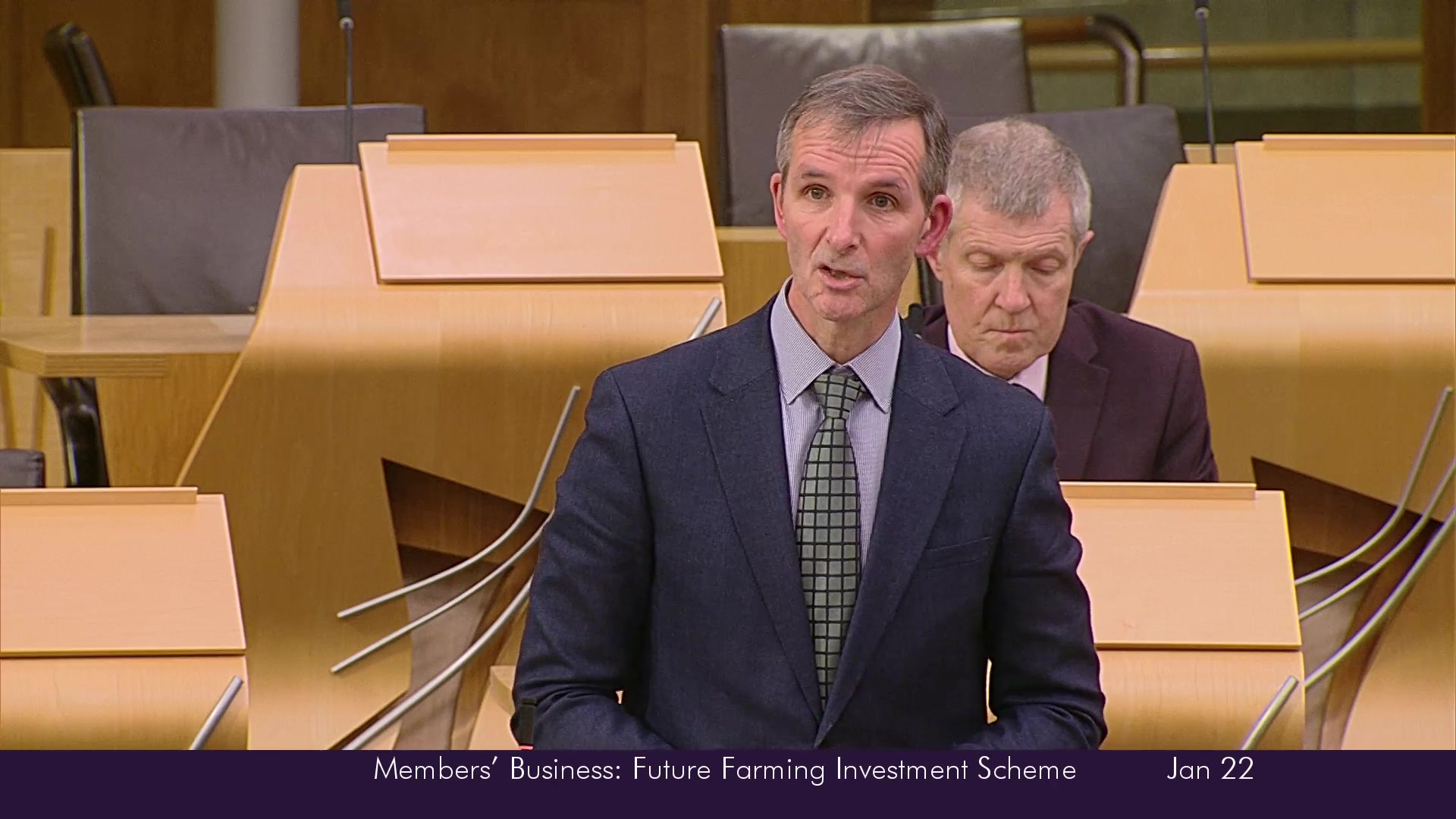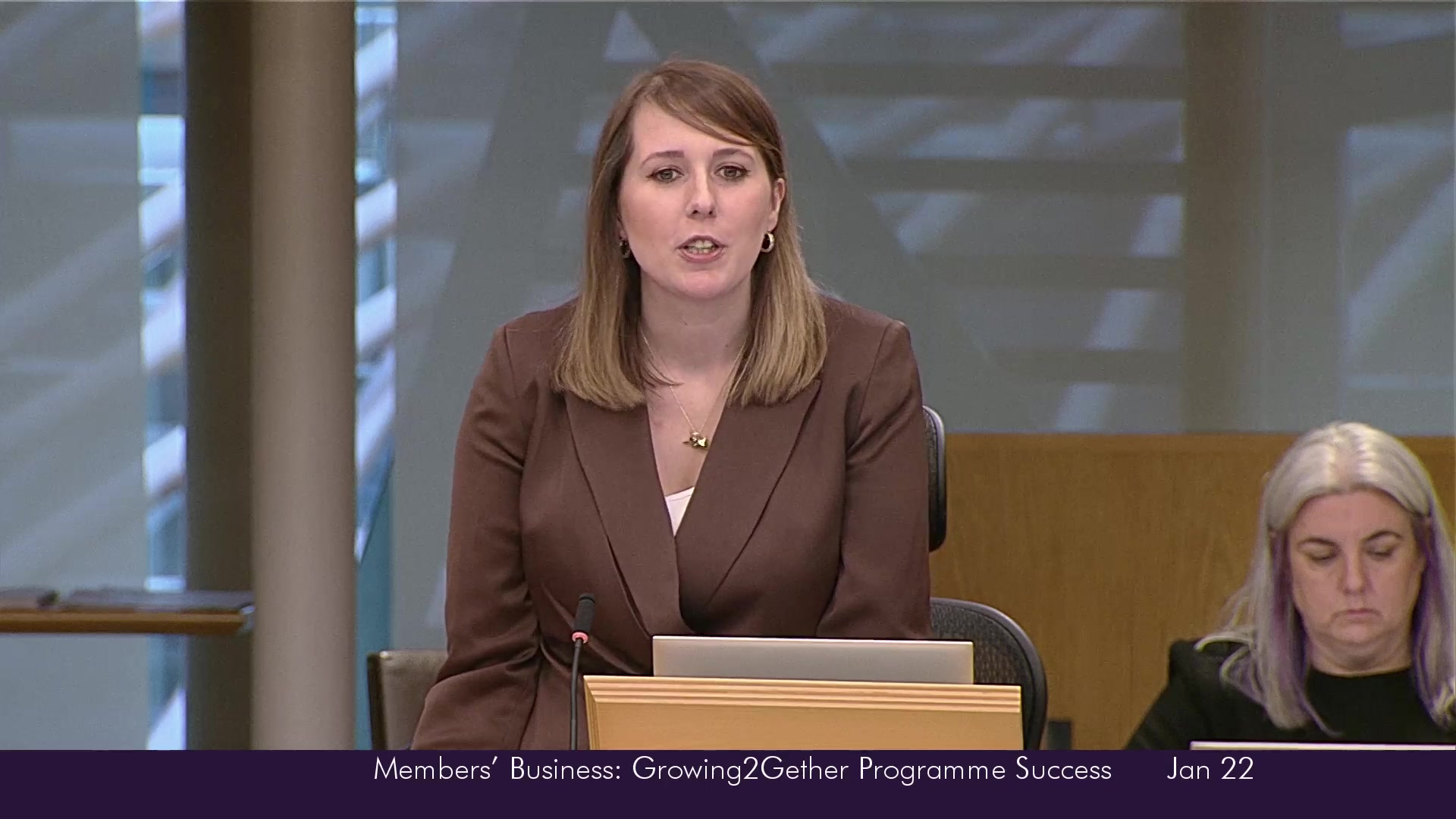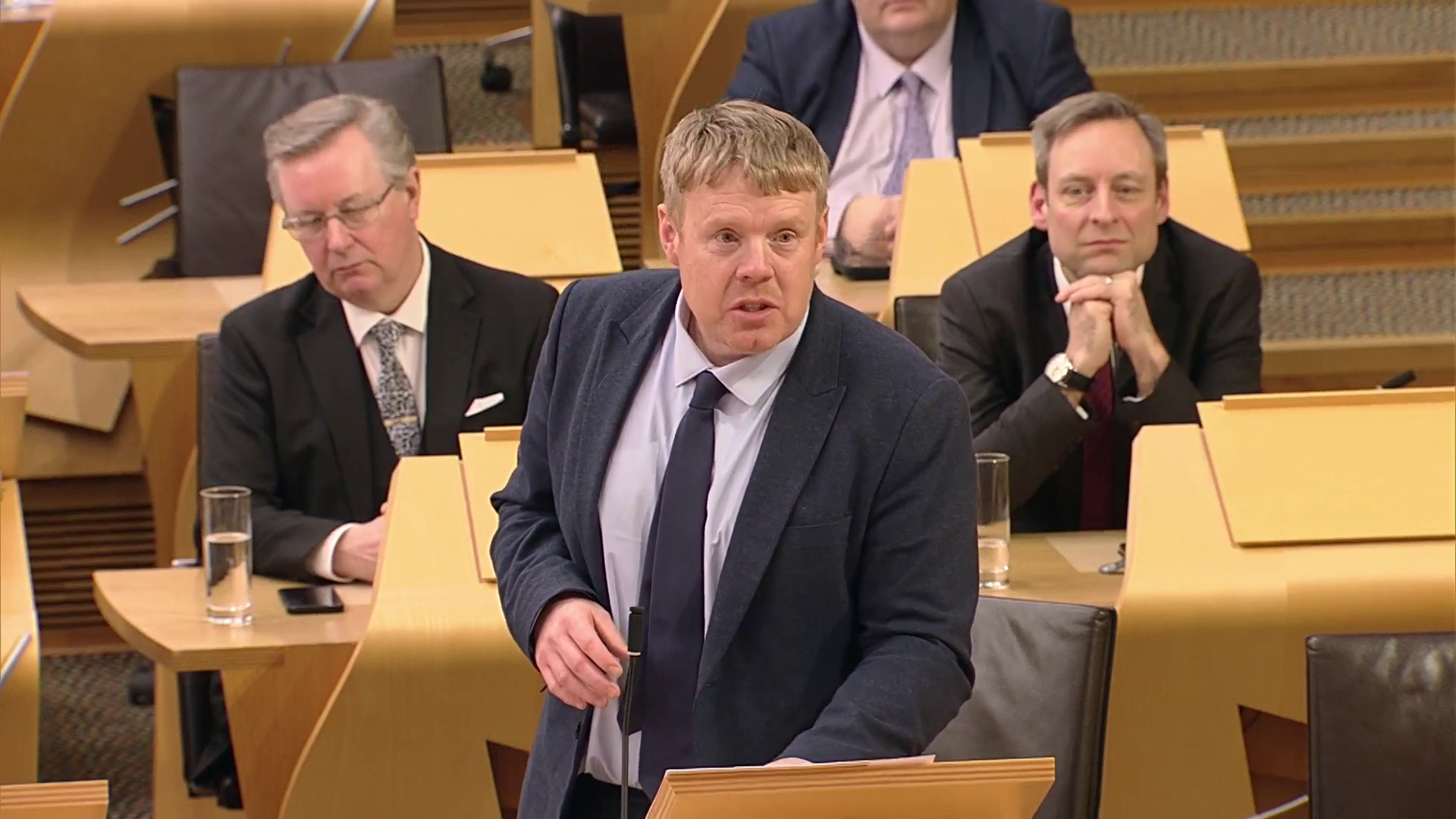Details
hat the Parliament recognises that 2019 is the UN Year of Indigenous Languages, and that the European Day of Languages will take place on 26 September; acknowledges the strong contribution that indigenous languages bring to Scotland’s rich and varied culture; notes that it is through language that we communicate with the world, define identity, express history and culture, learn, defend human rights and participate in all aspects of society; believes that, through language, people preserve their community’s history, customs and traditions, memory, unique modes of thinking, meaning and expression; notes that language is pivotal in the areas of human rights protection, good governance, peace building, reconciliation and sustainable development; praises the work of Bòrd na Gàidhlig for its efforts to promote, encourage and grow indigenous Gaelic language and culture through supporting local learning groups and events, as well as supporting the national Gaelic Language Plan and providing support for Gaelic-medium education; highlights the work of the Scots Language Centre in promoting and encouraging Scots and the regional dialects of the language throughout Scotland and, in doing so, raising the understanding of Scots, Doric and Lallans and how Scotland's language came to be; notes the work of the Scots Language Society in its efforts to promote and encourage the Scots leid, best known for its “Lallans” journal and annual “Sangschaw”, which is a competition of singing and writing in Scots equivalent to the Scottish Gaelic Mod or Welsh Eisteddfod; understands that the Council of Europe declared 26 September the annual Day of Languages after the success of the European Year of Languages in 2001, and is marked across all 47 member states of the Council of Europe; recognises that the aims of the European Day of Languages are to alert the public to the importance of language learning and diversifying the range of languages learnt in order to increase plurilingualism and intercultural understanding, promoting the rich linguistic and cultural diversity of Europe, which must be preserved and fostered, and encouraging lifelong language learning in and out of school, whether for study purposes, professional needs, purposes of mobility or pleasure and exchanges; considers that Scotland’s colourful, multicultural society is only enhanced by the languages that bridge its diverse communities together, from Polish, Indian, Chinese, Italian and many more to the languages of Scotland's culture in Scots and Gaelic; believes that, by celebrating the European Day of Languages, people are promoting the objectives of raising awareness of Europe’s rich linguistic diversity, the need to diversify the range of languages people learn and the need for people to develop some degree of proficiency in two languages or more to be able to play their full part in democratic citizenship in Europe, while fully understanding that language skills are a necessity and a right for everyone; notes the calls for people to celebrate both the 2019 UN Year of Indigenous Languages and the European Day of Languages across all communities in Scotland, and looks forward to celebrating Scotland’s indigenous languages and what it considers Scotland's diversity and acceptance of other cultures in the future.
To share or download a clip: Set the start of the clip by seeking the video, then click Set start point. Repeat for the End point.
Share
Download
Preview



